The 13 colonies in America hold a significant place in history, and exploring maps of these colonies can be both educational and fascinating. Join me as we delve into the world of the 13 colonies, their geographical locations, and the importance they hold in shaping the United States.
Colonial America Maps
 When we think about the 13 colonies, it’s essential to understand their locations within the American landscape. Maps are a valuable resource for visualizing their positions and understanding their relationships with each other. One such map showcases the 13 colonies and can be found on Pinterest.
When we think about the 13 colonies, it’s essential to understand their locations within the American landscape. Maps are a valuable resource for visualizing their positions and understanding their relationships with each other. One such map showcases the 13 colonies and can be found on Pinterest.
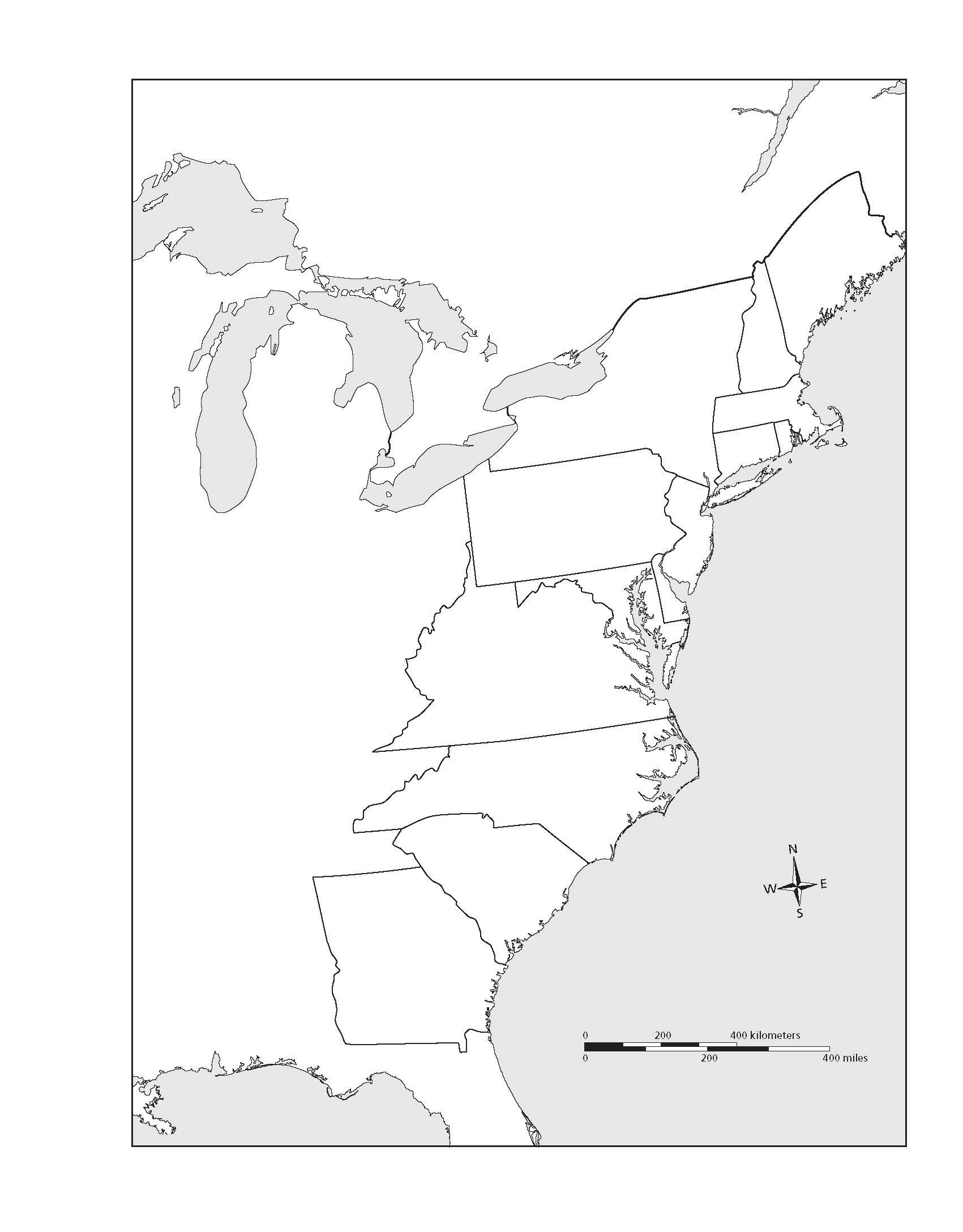 Another interesting resource for visual learners is a drawing of the 13 colonies available for free download on GetDrawings. This drawing provides a unique perspective on the colonies and can be a great addition to any research or educational project.
Another interesting resource for visual learners is a drawing of the 13 colonies available for free download on GetDrawings. This drawing provides a unique perspective on the colonies and can be a great addition to any research or educational project.
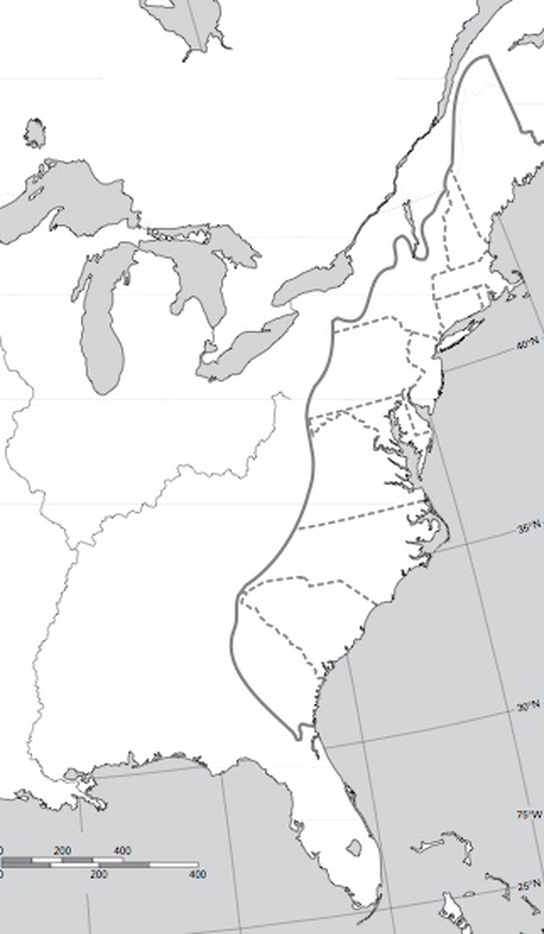 If you prefer a more interactive approach, a printable blank map of the 13 colonies can be an excellent tool. This map allows you to dive deeper into the regions and label them according to your own understanding, making the learning experience personal and engaging.
If you prefer a more interactive approach, a printable blank map of the 13 colonies can be an excellent tool. This map allows you to dive deeper into the regions and label them according to your own understanding, making the learning experience personal and engaging.
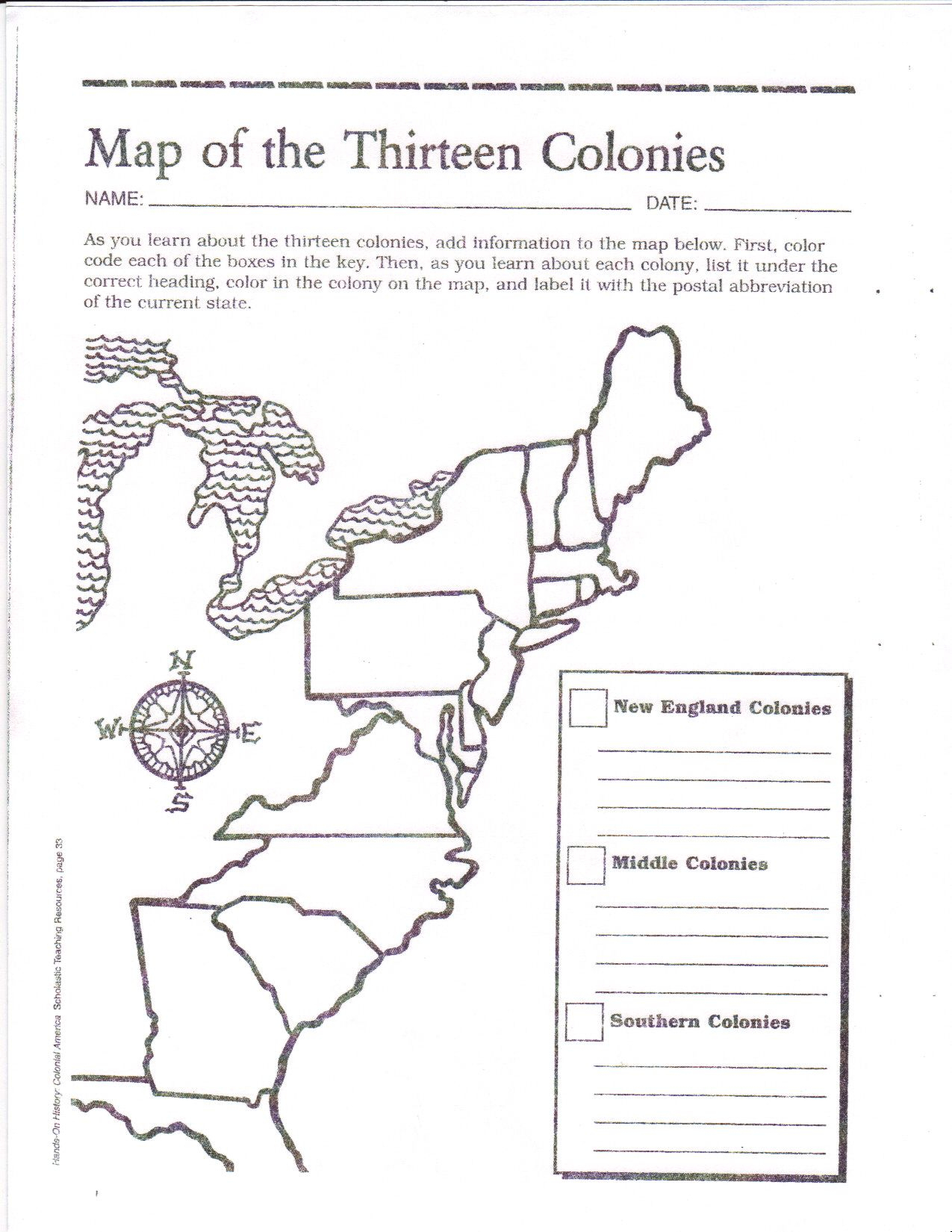 For a more detailed exploration, you can find a blank map of the 13 colonies for 7th-grade activities on Printable Map For You. This map provides ample space for annotations and additional information, allowing you to deepen your understanding of the colonies.
For a more detailed exploration, you can find a blank map of the 13 colonies for 7th-grade activities on Printable Map For You. This map provides ample space for annotations and additional information, allowing you to deepen your understanding of the colonies.
Exploring the 13 Colonies
 Now that we have the resources, let’s embark on a journey to explore the 13 colonies in more detail. The colonies were located along the eastern seaboard of North America and were divided into three regions: the New England Colonies, the Middle Colonies, and the Southern Colonies.
Now that we have the resources, let’s embark on a journey to explore the 13 colonies in more detail. The colonies were located along the eastern seaboard of North America and were divided into three regions: the New England Colonies, the Middle Colonies, and the Southern Colonies.
 The New England Colonies consisted of Massachusetts, New Hampshire, Rhode Island, and Connecticut. These colonies had a diverse economy, focusing on industries such as fishing, shipbuilding, and trade.
The New England Colonies consisted of Massachusetts, New Hampshire, Rhode Island, and Connecticut. These colonies had a diverse economy, focusing on industries such as fishing, shipbuilding, and trade.
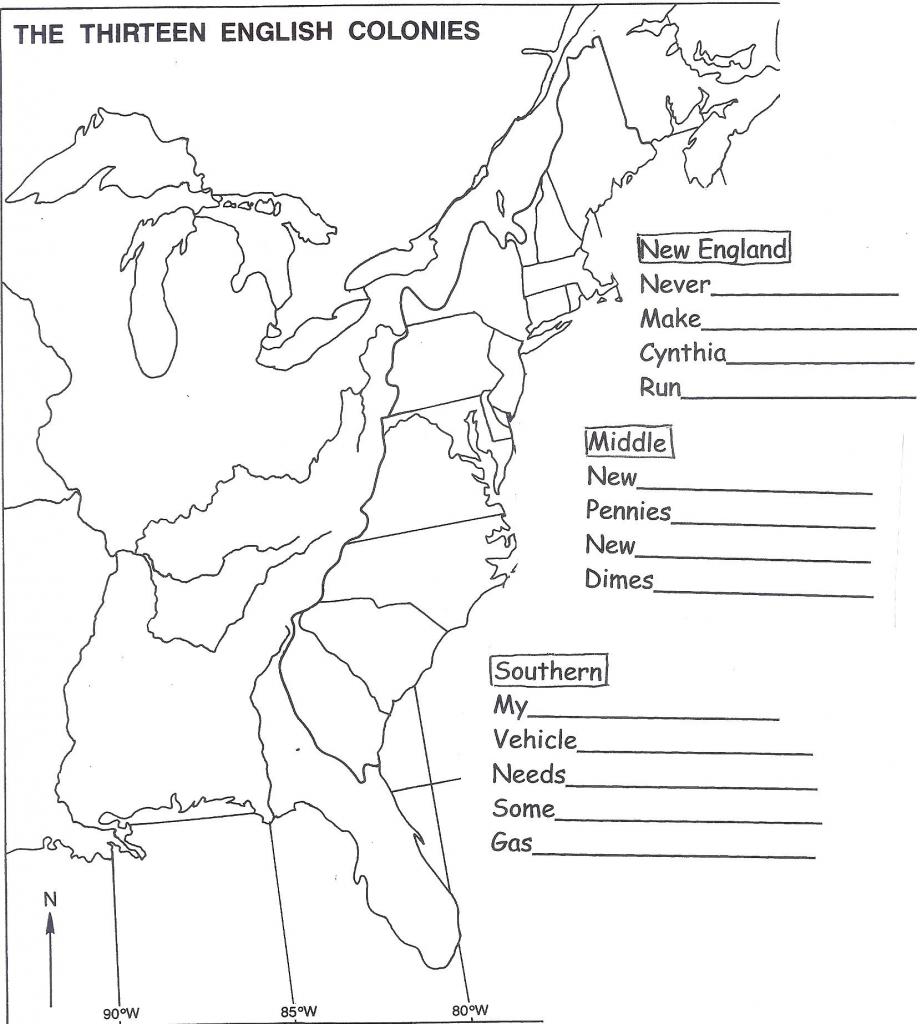 The Middle Colonies included New York, Pennsylvania, New Jersey, and Delaware. These colonies had a more balanced economy, with agriculture, trade, and manufacturing playing significant roles in their development.
The Middle Colonies included New York, Pennsylvania, New Jersey, and Delaware. These colonies had a more balanced economy, with agriculture, trade, and manufacturing playing significant roles in their development.
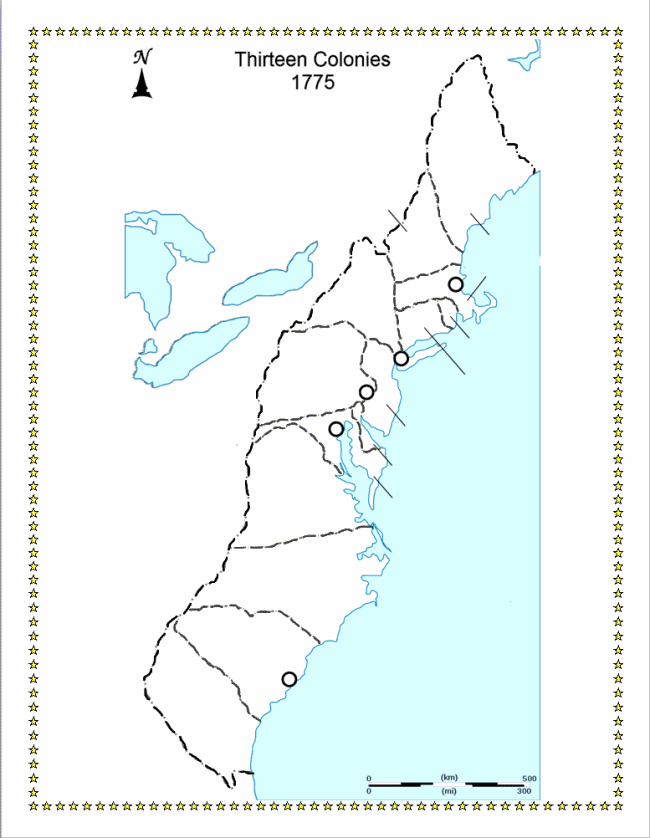 The Southern Colonies, comprising Maryland, Virginia, North Carolina, South Carolina, and Georgia, had an agrarian economy driven by plantation agriculture, particularly the cultivation of tobacco, rice, and indigo.
The Southern Colonies, comprising Maryland, Virginia, North Carolina, South Carolina, and Georgia, had an agrarian economy driven by plantation agriculture, particularly the cultivation of tobacco, rice, and indigo.
 Exploring these colonies provides insight into the beginnings of American history, highlighting the diverse backgrounds, industries, and cultures that shaped the United States we know today. Each colony had its unique characteristics and contributions to the formation of the nation.
Exploring these colonies provides insight into the beginnings of American history, highlighting the diverse backgrounds, industries, and cultures that shaped the United States we know today. Each colony had its unique characteristics and contributions to the formation of the nation.
 As we dive into the maps and information available, let’s appreciate the importance of the 13 colonies in American history. These maps allow us to visualize the geographical layout of the colonies and understand their significant role in the nation’s formation.
As we dive into the maps and information available, let’s appreciate the importance of the 13 colonies in American history. These maps allow us to visualize the geographical layout of the colonies and understand their significant role in the nation’s formation.
So, let’s embark on this journey of discovery, using these resources to explore the 13 colonies and gain a deeper understanding of the foundations of America. Happy exploring!